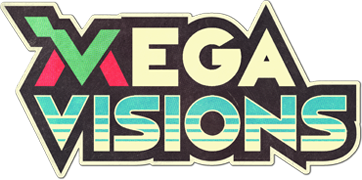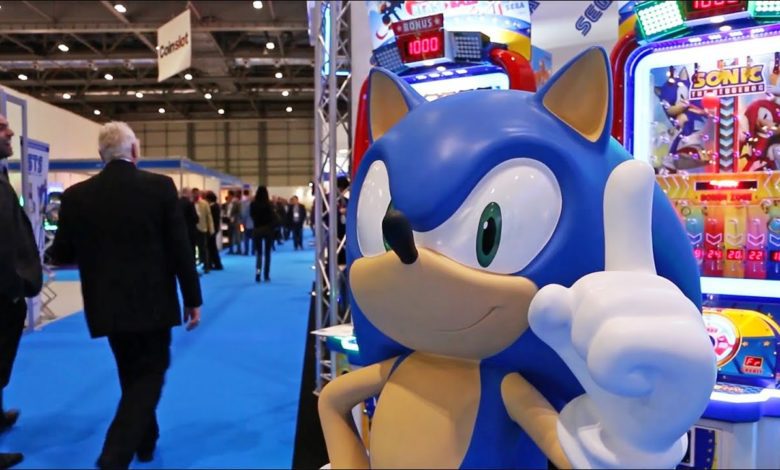
How much will GameStop pay for your retro SEGA games?
So, you want to know how much GameStop will give you for you retro SEGA stuff, huh? I’ve got you covered, nerds!
As many of you know, on April 24 GameStop launched a pilot program in select markets to begin buying back retro consoles and games. I’m sure many people are out there wondering how much GameStop will give us cash-strapped retro gamers to buy our childhood memories. Since the GameStop website is not yet providing these answers (though it may any day now), I called one of the pilot programs stores in New York to do some digging. Here’s how it went…
The Requiem: Hi. I lost my son to cancer several years ago, and he left us with a bunch of his stuff like old games.

GameStop Employee: Oh, I’m very sorry to hear that sir.
The Requiem: Thanks, I appreciate that. I really do. Anyway, I heard that GameStop has just started buying retro video games again. I have several I’d like to get estimates on… if it’s not too much trouble?
GameStop Employee: No, not at all. Which games were you looking to sell?
Of course that “dead cancer kid” story was a lie, but as the greatest crack reporter SEGA Nerds has on staff, I felt it necessary to keep the New York GameStop employee’s sympathy on my side, because I had a lot of questions and I was going to get the answers I wanted, goddammit! Straight dope!
Well, here are those answers, in tabular form.
[table id=4 /]Let me interpret the above table a bit. You’ll see both the cash and in-store credit trade-in values from GameStop, and for comparison, I added the trade-in value for a loose cart from another retro gaming reseller, eStarland. I asked GameStop about both a SEGA Genesis and Dreamcast console and several key games. And if you’re a good SEGA fan looking to unload some of your gray Nintendo games for babies, I asked about a couple of them, too.
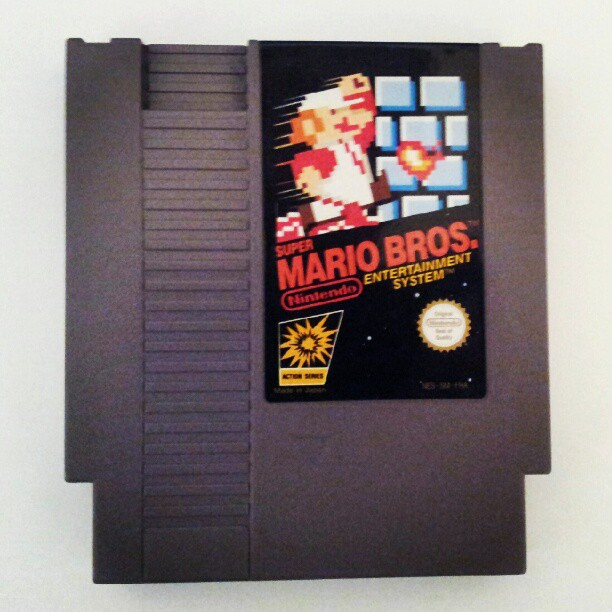
Interestingly, though GameStop has a well-deserved reputation for paying pittance for your used games, their trade-in prices are consistently quite a bit higher than eStarland’s prices. The only exception is the original Super Mario Bros. on NES, which GameStop told me they “would not accept for trade-in.” (Because it sucks, no doubt, right?)
There were also many other games I asked about, but I was told that these games weren’t in the GameStop system for whatever reason. These included Genesis games like Alex Kidd in the Enchanted Castle, John Madden 94 (Genesis), MUSHA, Splatterhouse 2, The Punisher and Mutant League Hockey. Dreamcast games not in the system were Mars Matrix, Project Justice, NFL 2K and Skies of Arcadia. Nintendo garbage not in the GameStop system was Stadium Events for NES and both Earthbound and Ninja Gaiden Trilogy on SNES.
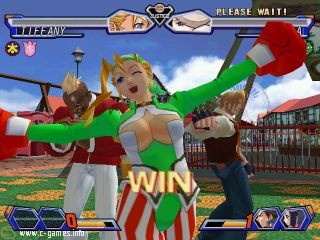
See the pattern? Most of those unlisted games are either rare games or sports titles, with a few exceptions. My guess is that GameStop is worried about buying up the rarer games like MUSHA, Project Justice or Ninja Gaiden Trilogy for fear that they may inadvertently buy back bootleg copies instead of genuine ones. That’s not to say that they won’t eventually add these games to their catalog at some point, but that may depend on how GameStop ultimately deals with commonly bootlegged games. If you owned a store filled with generally untrained teenagers, would you want them offering hundreds of dollars for a copy of Stadium Events which you had no way to determine was genuine? Narp.
Not all of those games are high-dollar rarities, though. Splatterhouse 2 or Alex Kidd in the Enchanted Castle? Sure, Splatterhouse 2 is slightly in demand, but I’ve never seen anyone trying to sell a bootleg repro cart of the game. As for the sports games, though? Well, it’s possible that games like NFL 2K and Madden 94 will never be accepted as trade-in, because GameStop will likely have very little to show for it in the end considering how low demand is for them.
The Flip Side

How much will GameStop be selling these games for? There’s no way to know for certain, yet, as they won’t be up for sale via the GameStop website for a couple more months. Still, I decided to speculate wildly (like any good video gaming journalist would) and come up with a completely unscientific process to predict their final sale price.
Looking at two modern games, Ninja Gaiden II on Xbox 360 and Call of Duty: Black Ops II for PlayStation 3. I ran some maths-magic and found that their trade-in to sale ratio was between %16 and %20, meaning that the final sale price is roughly 5X-6X the trade-in price. However, seeing as how very few gamers in their right minds would pay over twenty bucks for a loose cart of Sonic the Hedgehog or $200 for a loose disc of Cannon Spike, I’m going to give GameStop the benefit of the doubt and go with just an increase of 3X.
[table id=6 /]For comparison purposes, I listed the current loose price of each game according to PriceCharting.com, which lists an average of sales across a variety of online selling fronts. Not a perfect measure, to be sure, but it at least provides an idea. Even multiplying the trade-in price by three, many of GameStop’s prices look to be pretty steep compared to the Price Charting average. Many of GameStop’s prices look to be nearly twice as high, so it looks like I could have over-estimated with my predicted selling prices. However, it’s interesting to note that Black Ops II for PS3 has a Price Charting average of $14.00, while the current actual GameStop price is $25. Maybe I’m not so far off after all. What do you think?
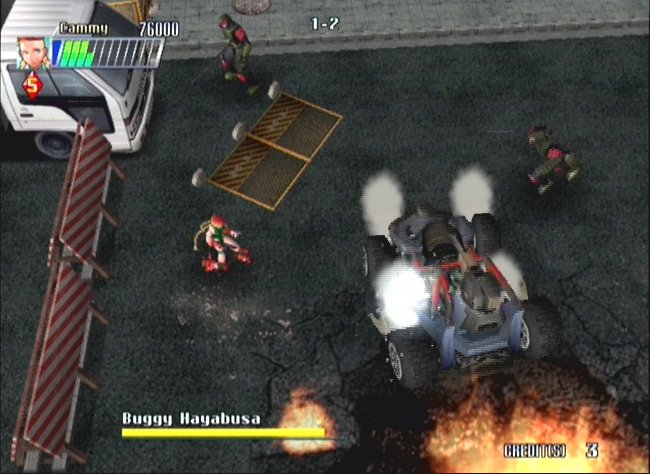
Personally, I think GameStop may be offering a higher trade-in price right now at the beginning of their pilot program to build up stock, and that these prices will come down at some point. When Target entered the used game market, they offered some pretty high trade-in prices as well, so there is some historical case studies to suggest GameStop is perhaps doing something similar.
That’s that, nerds. Keep in mind, the only SEGA consoles GameStop is currently buying back are Genesis and Dreamcast, so no Master System or Saturn trade-ins. So, if you’re looking to make a few spare buck selling retro games and you live in either of the two test markets (New York City and Birmingham, Alabama), I suggest you do it sooner than later before GameStop realizes that four bucks for a loose copy of Sonic the Hedgehog won’t leave them much of a profit margin. Besides, if you’ve got a copy of Cannon Spike lying around, I’d be happy to give you $45 for it. Okay, maybe $46. I can do PayPal.
